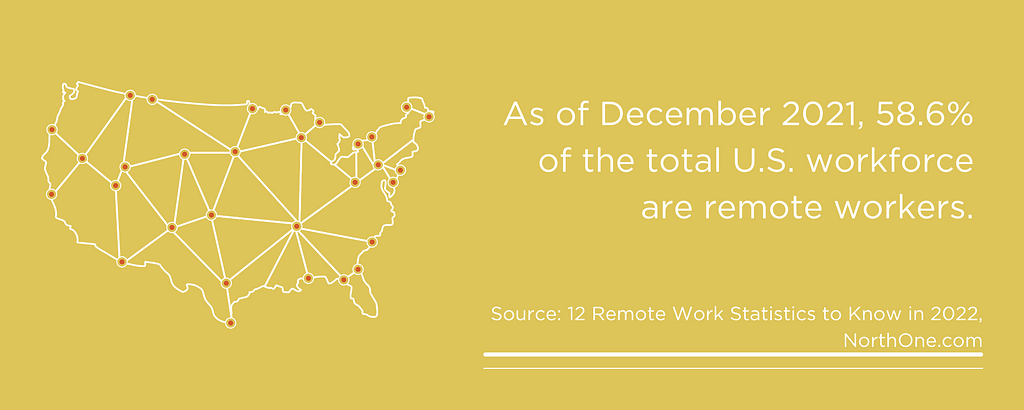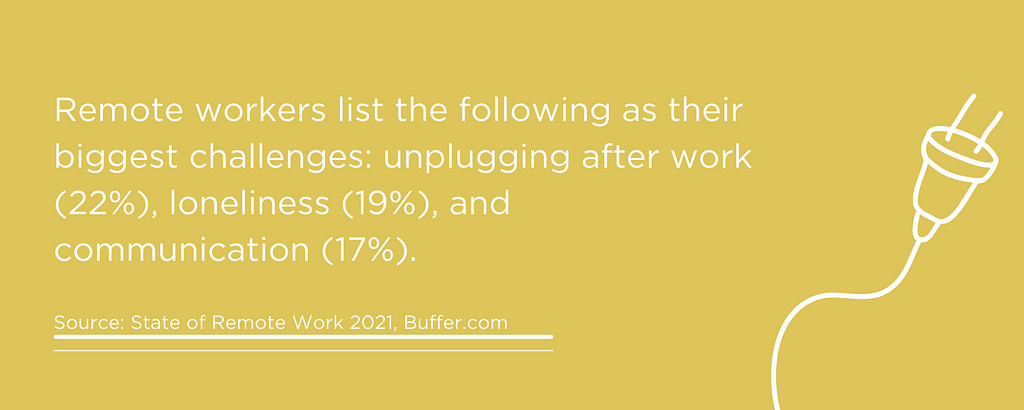Pittsburgh Startups: Here’s How to Figure out Your Hybrid Work Plan

Whether you’re a brand new startup looking to set up your first policies, or a small company established before the pandemic, you’ve probably spent some time thinking about how to structure your team’s work and considering how the demand for hybrid work solutions is here to stay.
Ascender’s goal is to help Pittsburgh startups thrive, so here are our resources and recommendations for what to think about when setting up policies that work for both employees and employers. That means figuring out both policies (official rules and guidelines) and practices (operational frameworks, tools, and strategies) that will make hybrid work.
BE AWARE OF TRENDS & COMPETITION
Entrepreneurs know all about remote work. In fact, the standard “How I got my start” fable is filled with references to working from a garage, mom’s basement, or a cupboard under the stairs. But things are a little different once you’re recruiting and managing a team. For that reason, it’s important to keep in mind workplace trends because you’re competing against other employers to recruit talent.
FindStack compiled information from across the web on attitudes towards hybrid and remote work in 2021. Among some of the key statistics they cite:
- 64% of recruiters say that being able to pitch a work-from-home policy helps them find high-quality talent (IWG)
- 74% of workers say that having a remote work opportunity would make them less likely to leave a company (Owl Labs)
- 69% of millennials would give up on certain work benefits for a more flexible working space (CBRE)
Bottom line? The talent you are looking for are seeking remote and hybrid opportunities. As you grow your biz, it behooves you to seriously consider an operational structure that allows for at least some flexibility in work location. Another factor to think about: hybrid and remote can save you overhead costs by lowering your company’s physical footprint.

REFLECT ON HOW YOUR TEAM WORKS BEST
Once you’re ready to put a policy in place, one of the first things to consider is the type of work you do. Some work simply needs to take place in person, and there’s no getting around it, which can be true in any industry. Think about the type of work you do — what you produce — and how you do that work.
If you’re considering a hybrid model that incorporates both in-person and remote work, identify which parts of your work happen best when people are physically in the same place. Your policy may include clauses that require in-person attendance at specific meetings or brainstorming sessions or stipulate specific core working hours when all employees should be available.
GET AHEAD OF THE CHALLENGES
Hybrid work is not without its challenges. Just like in-person work, you need to figure out ways to be productive, collaborative, responsive, and accountable.
If you have a structure where some employees report to managers, you need to ensure that managers are trained and ready to identify when workloads, communication, and deliverables must be adjusted. Similarly, if you’re working in a small startup with other partners, you need to determine how you’ll communicate and be accountable to each other.
Buffer reports that workers list the following as their biggest challenges with remote work: unplugging after work (22%), loneliness (19%), and communication (17%).
Get ahead of the challenges by being informed about the landmines when you start crafting strategies. Make sure you think about both specific items outlined in the policy (e.g., who approves remote working time) and operational processes (e.g., using Slack or another messaging platform to communicate in real-time) to help you stay on track to achieve your goals.

CONSIDER WORKSPACE OPTIONS
When you do work in person, where will you meet up? Coworking space memberships can be a solution since they provide a professional space already set up for larger meetings or zoom-ready spaces outside the reach of your kids and pets. You probably don’t want to meet with your first investor right next to your pile of laundry!
If you’re not ready for a coworking space just yet, our city provides great opportunities to get out of the house and get work done while supporting another local Pittsburgh business. Some of our favorite nearby places to work remotely include Bakery Square, Carnegie Library of Pittsburgh, Commonplace Coffee, Margaux, and Trace Brewing.
CHECK OUT THESE RESOURCES FOR NEXT STEPS
- 5 Essentials of Hybrid Work Culture
- 17 Best Slack Apps for Remote Teams Collaboration
- Advice on Navigating Hybrid Work Models after COVID-19 from a Pittsburgh HR Consultant
- Effectively Using Slack for Remote Work
- Employee Remote Work Policy Template
- Five Practices to Make Your Hybrid Work Policy Inclusive
- How to Choose a Coworking Space in Pittsburgh
- How to Create Accountability with Your Remote Team
- Hybrid Work Policy Examples from 6 World-Class Companies
Connect with us
Learn more about Ascender: https://ascenderpgh.com/
Sign up for our newsletter or send us a note: info@ascenderpgh.com
Follow us: Twitter — Facebook — LinkedIn — Instagram
From fledgling tech companies, healthcare innovators, and nonprofits to makers, creators, services and shops, Ascender is for Pittsburgh’s entrepreneurs. We help businesses of all types in the Pittsburgh region start and build a business through education and connectivity. See how Ascender can help you.
Pittsburgh Startups: Here’s How To Figure out Your Hybrid Work Plan was originally published in Ascender on Medium, where people are continuing the conversation by highlighting and responding to this story.

